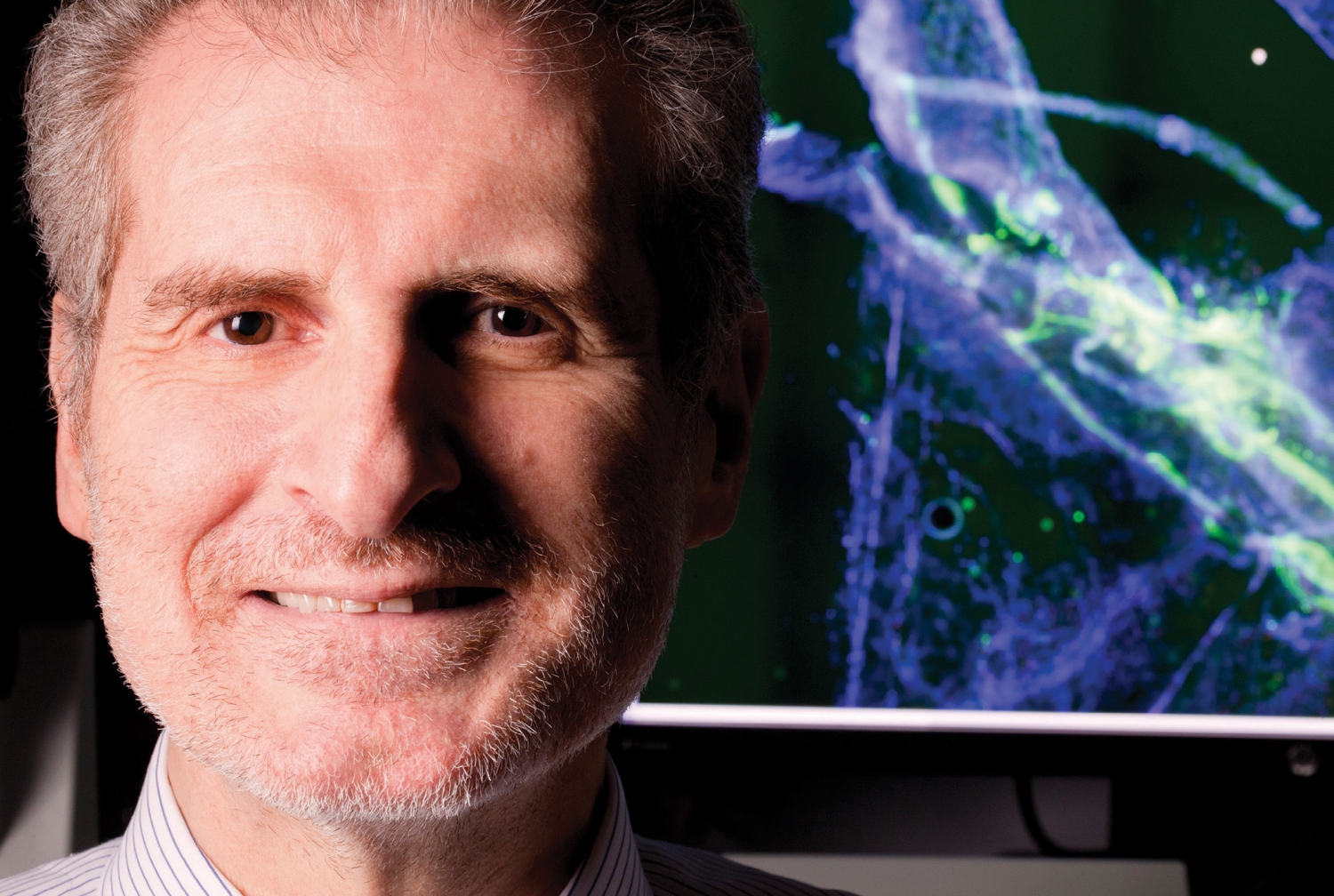Vascular dementia is one of the leading causes of age-related cognitive impairment, with its incidence expected to skyrocket as the baby boomer generation reaches its twilight years.
There are no known biomarkers of the disease, which is characterized by a decline in reasoning, planning, judgment and memory processes caused by inadequate blood flow to the brain. There are no diagnostic tests to screen patients for susceptibility prior to onset of symptoms, and no approved treatments or cures. All that's known today is that vascular dementia, closely related to Alzheimer's disease and often coexisting with it, is associated with cardiovascular risk factors such as high blood pressure, high cholesterol, diabetes and smoking, as well as heart attacks and strokes.
To find new treatments for this devastating disease, it is vital to define the state-of-the art, pinpoint knowledge gaps and identify new opportunities for therapeutic development, writes Weill Cornell Medical College's Dr. Costantino Iadecola.
In an article published in the Nov. 20 issue of the journal Neuron, Dr. Iadecola reviewed the mechanisms of vascular dementia from the days of Alois Alzheimer in the early 1900s to modern-day understanding of the disease, providing a synthesis inclusive of basic science investigations, including work performed at Weill Cornell, and clinical studies.
"I was asked by the editors to highlight all of the different pathological processes leading to vascular dementia, including the recently identified contribution of pathogenic factors traditionally attributed to Alzheimer's disease, an area that we have pioneered here at Weill Cornell," said Dr. Iadecola, director of the Feil Family Brain and Mind Research Institute, the Anne Parrish Titzell Professor of Neurology and professor of neurology and neuroscience at Weill Cornell. "Through this analysis, unresolved questions were identified and a path for moving the field forward was charted."
With tests only able to conclusively diagnose vascular dementia after death, Dr. Iadecola and his team at the Feil Family Brain and Mind Research Institute are developing new biomarkers and identifying susceptibility genes to ultimately predict a patient's risk of developing the disease before the onset of symptoms — something not possible today.
"We are really committed to unraveling how neurovascular and neurometabolic diseases cause dementia," Dr. Iadecola said, "both from the basic science perspective and from the clinical side."

